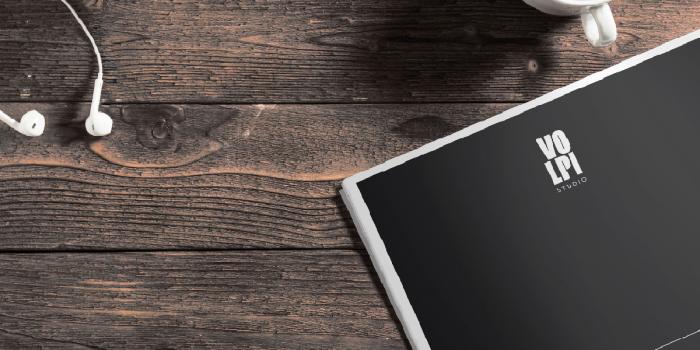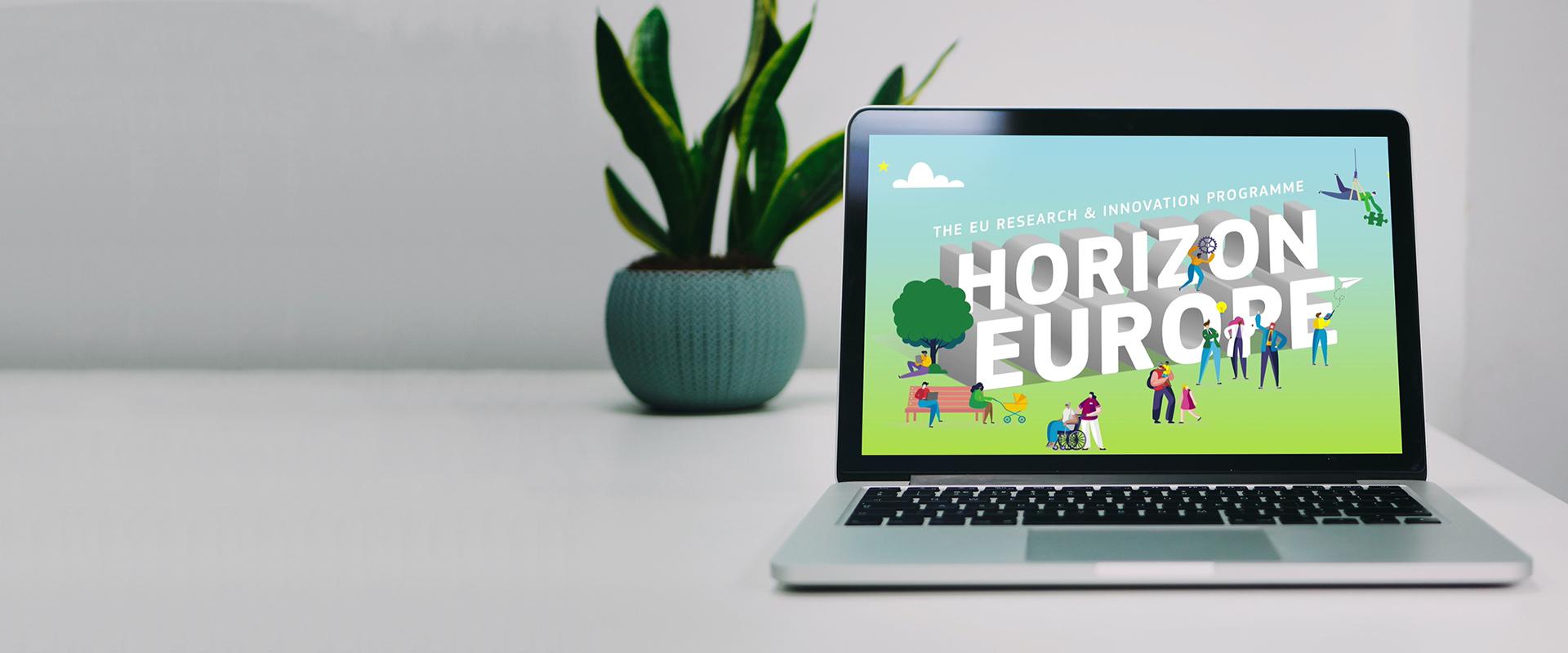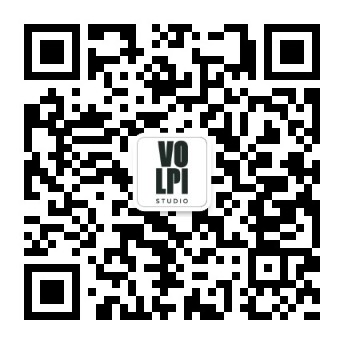The end of 2020 brought the conclusion of the Horizon2020 program, the largest research funding program in the world. The program was extremely successful and with a very high participation, and was renewed for the period 2021-2027.
"The pandemic forces Europe to put the accelerator on digital transition and sustainability": this is what the European Commission underlines in the Strategic Plan Horizon Europe, the Research and Innovation Framework Program promoted by the European Union for the period 2021-2027, and successor to Horizon 2020. The Program has a duration of seven years - corresponding to the EU's long-term budget - and a total financial envelope of 95.5 billion (at current prices), a figure which includes the 5.4 billion allocated to Next Generation EU recovery plan.
It is the largest transnational research and innovation program in the world.

The framework
The strategic plan finances and/or promotes support for research and innovation activities so that they contribute to EU priorities, including a climate-neutral and greener Europe, suitable for the digital age, where the economy is at the service of people.
The program aims to guarantee what has just been described through open and competitive calls for proposals.
The general objective of Horizon Europe is to obtain a scientific, technological, economic and social impact from EU investments in R&I, in order to:
-
Strengthen the scientific and technological foundations of the Union and promote its competitiveness in all Member States;
-
Implement the strategic priorities of the Union and contribute to the implementation of European policies, helping to face the global challenges of our time, set out in the Sustainable Development Goals (SDGs) of the United Nations 2030 Agenda and the Paris Agreement on climate;
-
Strengthening the European Research Area.

The beneficiaries
Participation in Horizon Europe is open to any legal entity, regardless of its location, including legal entities from third countries not associated with the program or international organizations, subject to any exceptions established in the Work Program or in the specific call. In the vast majority of collaborative projects, the consortium must be composed of at least three independent legal entities, each of which is established in a different Member State or Associated Country.

The structure
Horizon Europe is structured on three Pillars, divided into specific Programs and themes (clusters), and also in a transversal Program.
Pillar 1: Excellent Science
Support for the creation and dissemination of high quality researchers, methodologies, skills and knowledge:
-
European Research Council: frontier research with a bottom-up approach;
-
Marie Skłodowska-Curie Actions: mobility and intersectoral training for researchers with a bottom-up approach;
-
Research Infrastructures: closer collaboration between infrastructures to extend the frontiers of knowledge.
Pillar 2: Global Challenges and European Industrial Competitiveness
Joint, aligned and flexible actions to face global challenges thanks to industrial and technological competitiveness, for inclusive and sustainable growth.
-
Cluster: through missions and partnerships, the six clusters will develop and introduce innovative technologies and solutions through collaborative projects in these areas:
-
Health
-
Culture, Creativity and Inclusive Society
-
Civil Security for Society
-
Digital, Industry and Space
-
Climate, Energy and Mobility
-
Food, Bioeconomy, Natural Resources, Agriculture and Environment
-
-
Joint Research Center, which supports EU decision-making through independent, evidence-based scientific advice.
Pillar 3: Innovative Europe
Promotion and stimulation of new ideas and forms of ethical, responsible and sustainable innovation, to continue to bring prosperity to citizens and face the challenges of the future, in cooperation with other European policies and with the InvestEu Program:
-
European Innovation Council (EIC): support for ideas with pioneering and market-creating potential;
-
European Innovation ecosystems: creation of a favorable environment for the diffusion and development of innovation at all levels;
-
European Institute of Innovation and Technology (EIT), through the Knowledge and Innovation Communities (KICs): union of the fundamental elements (research, education and business) around a common goal to encourage innovation.
Cross action: Widening Participation and Strengthening the European Research Area
Implement concrete measures in support of expanding participation and strengthening the European Research Area:
-
Increase and expand participation and the dissemination of excellence
-
Reform and relaunch the European Research and Innovation System

While the strategic plan mainly applies to the second pillar of Horizon Europe, effective links with pillars I and III and the Cross Action will ensure an integrated approach aimed at increasing the overall impact of Horizon Europe .
The strategy
The Plan identifies 4 main strategic orientations that will guide Horizon Europe's research and innovation programs until 2024 and will provide the basis for building synergies with other EU programs and funds, as well as investment in research and innovation at Member State level in the context of the European Research Area.

Specifically, the guidelines identified are:
-
Promote open strategic autonomy, guiding the development of key, enabling and emerging digital technologies, sectors and value chains to accelerate and guide digital and green transitions, through human-centered technologies and innovations;
-
Restore the ecosystems and biodiversity of Europe and manage natural resources in a sustainable way to ensure food security and a clean and healthy environment;
-
Make Europe the first digitally-enabled climate-neutral and sustainable circular economy, through the transformation of its mobility, energy, construction and production systems;
-
Creating a more resilient, inclusive and democratic European society, prepared and responsive to threats and disasters, addressing inequalities and providing high quality healthcare, and empowering all citizens to contribute to the green and digital transition.
In its entirety, the Plan assesses the impacts of each orientation on the various thematic clusters mentioned above so that the objective of the Plan itself is guaranteed.

Studio Volpi constantly collaborates with QuarryUp in order to fuel the development and growth of companies by promoting access to funds such as the one just described, taking care of every aspect of the project from the feasibility study to auditing.
Contact us for detailed information on your project.
-

-

-

Perspectives Mar 30, 2020
KITCHEN 4.0: HOW DIGITALIZATION IS CHANGING THE RULES
Technological updating and the integration of an interconnected soul are turning modern professional kitchens into a perfect example of the 4.0 industry, where the product and its super digital powers become a tool to improve working conditions, enhance productivity, monitor the processes to achieve better results and create new business models







